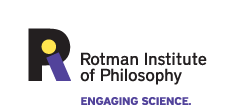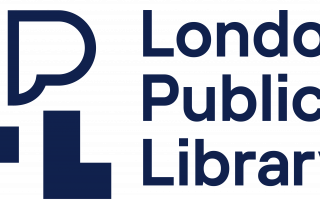

Shobita Parthasarathy: Can a Toilet Save the World?
30 March 2023, 7:00 pm - 8:30 pm EDT
Abstract:
These is growing concern that innovation may be perpetuating inequality. In response, governments, philanthropic foundations, universities, NGOs and startup companies are sponsoring a variety of “tech for good” initiatives, designed to turn the lens of technologists and entrepreneurs to improving the lives of low-income and marginalized communities. How do these initiatives work? What are the consequences? Examining the history and institutionalization of one of the earliest types of “tech for good” initiatives—inclusive innovation for international development—in India, Parthsarathy suggests that the results for social equity and justice are mixed. Focusing on cases from the water, sanitation, and hygiene (WASH) sector, she finds that while it can make crucial technologies more available, inclusive innovation’s focus on market-oriented commodities limits how we understand public problems, minimizes the priorities and knowledge of historically disadvantaged communities, and erases local identity and diversity. Similarly, by emphasizing technological solutions to development problems, it dismisses technical limitations while imagining the state as primarily a market-maker rather than a regulator. She concludes by suggesting how we might approach equity in innovation and innovation policy more holistically.
SPEAKER PROFILE:
 Shobita Parthasarathy is Professor of Public Policy and Women’s and Gender Studies, and co-founder and Director of the Science, Technology, and Public Policy Program at University of Michigan. Her research examines the political economy of innovation and innovation policy focusing on equity and justice, and the politics of knowledge and expertise in public policymaking. She often takes a cross-national or international perspective in her research, and has published widely on genetics and biotechnology, intellectual property, innovation policy, and artificial intelligence. She is the author of numerous articles and two books: Building Genetic Medicine: Breast Cancer, Technology, and the Comparative Politics of Health Care (MIT Press, 2007) and Patent Politics: Life Forms, Markets, and the Public Interest in the United States and Europe (University of Chicago Press, 2017). The former influenced the 2013 US Supreme Court case that determined human genes were not patentable, and the latter won the 2018 Robert K. Merton Award from the American Sociological Association. She regularly writes for public audiences and advises policymakers; in 2021, for example, she testified twice in front of the US Congress on equity in energy innovation. She co-hosts The Received Wisdom podcast on issues at the intersection of science, technology, policy, and society. She holds a Bachelor’s degree in Biology from University of Chicago, and Masters and PhD degrees in Science and Technology Studies from Cornell University.
Shobita Parthasarathy is Professor of Public Policy and Women’s and Gender Studies, and co-founder and Director of the Science, Technology, and Public Policy Program at University of Michigan. Her research examines the political economy of innovation and innovation policy focusing on equity and justice, and the politics of knowledge and expertise in public policymaking. She often takes a cross-national or international perspective in her research, and has published widely on genetics and biotechnology, intellectual property, innovation policy, and artificial intelligence. She is the author of numerous articles and two books: Building Genetic Medicine: Breast Cancer, Technology, and the Comparative Politics of Health Care (MIT Press, 2007) and Patent Politics: Life Forms, Markets, and the Public Interest in the United States and Europe (University of Chicago Press, 2017). The former influenced the 2013 US Supreme Court case that determined human genes were not patentable, and the latter won the 2018 Robert K. Merton Award from the American Sociological Association. She regularly writes for public audiences and advises policymakers; in 2021, for example, she testified twice in front of the US Congress on equity in energy innovation. She co-hosts The Received Wisdom podcast on issues at the intersection of science, technology, policy, and society. She holds a Bachelor’s degree in Biology from University of Chicago, and Masters and PhD degrees in Science and Technology Studies from Cornell University.
Attendance will be free, but advance registration is requested. Please register here
Image Credit: Will Wright (Unsplash)
This event is prepared in partnership with the Rotman Institute of Philosophy and the London Public Library.


